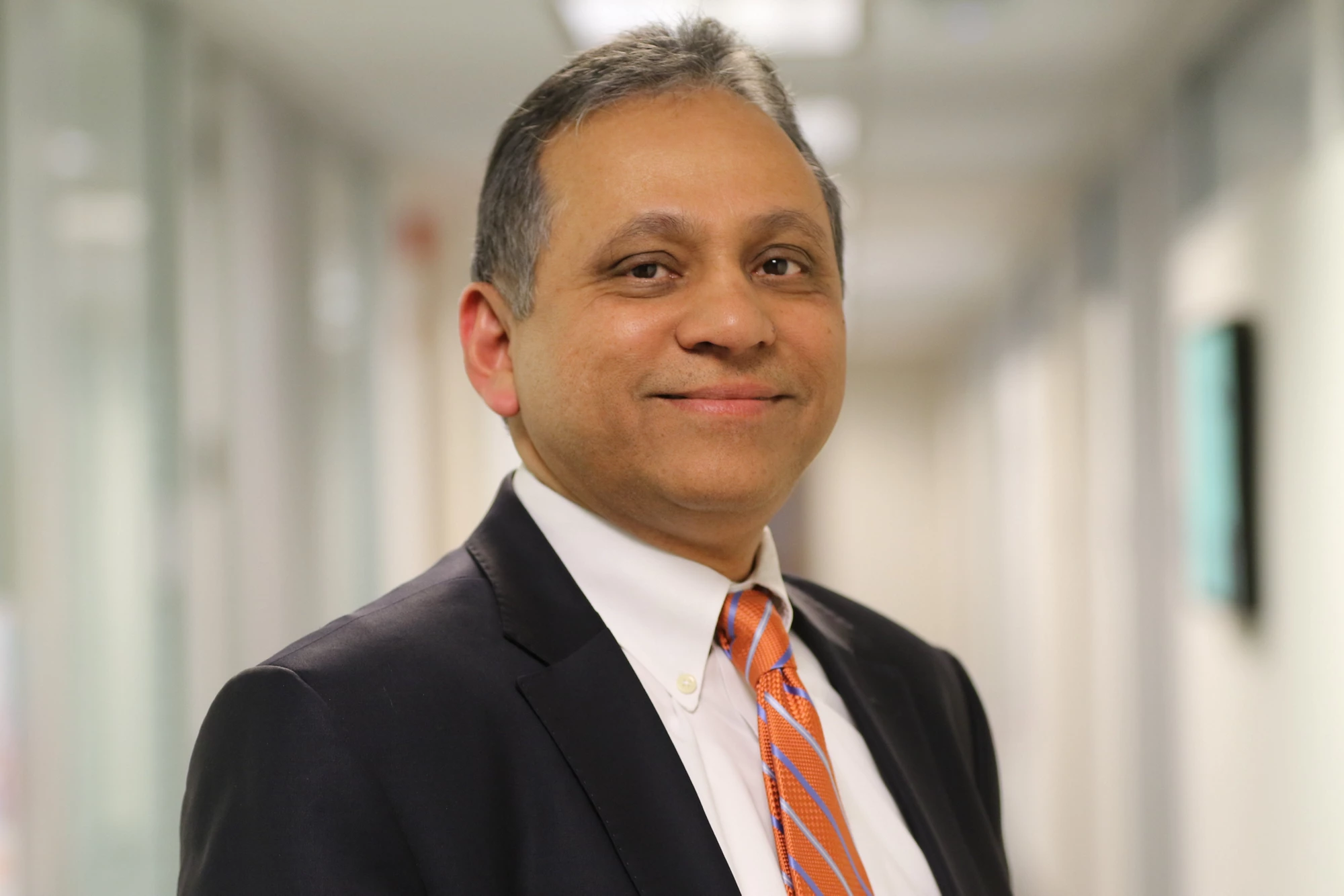Diaspora members and remittance service providers (RSPs) can potentially help the global fight against malaria and other diseases. It is well known that migrants send extra money home for buying medicine and medical services. But medical care for the family members alone is not enough to keep them safe from malaria and other communicable diseases that can spread from elsewhere in the community. Migrants, therefore, may be willing to contribute to fighting diseases at the community level. Only there isn’t an easy way for a diaspora member to contribute to such efforts.
Source: http://www.globalhealthfacts.org/
What if a migrant had an option to make donations for such purposes while sending money home? What if the remittance form (for sending money through, say, Western Union or MoneyGram or Swift) had an additional check box with the wording:
“Check this box if you would like to contribute $___ for fighting malaria in the zipcode of the recipient”?
Would people contribute? Would they contribute a lot?
If only 2 percent of migrants (similar to the rates seen in other individual philanthropy) checked the box twice a year and contributed $10 each time, the total contribution could amount to $100 million or more annually. Since malaria is more prevalent in Africa and South Asia, migrants from those regions may be more likely to contribute towards malaria control. If 5 percent of African and South Asian migrants living in high income countries participated in such a scheme, $50 million annually could be raised for these two regions.
The advantage of partnering with the RSPs is that they have a wide network of agents (supermarkets, gas stations, retail store etc.) that are readily accessible to migrants, including those without documentation. RSPs are often involved in development activities. For example, Western Union and MoneyGram temporarily suspended remittance fees and made voluntary contributions after the Haiti earthquake in early 2010. Swift, Visa and Mastercard, and a host of commercial banks, post offices, microfinance institutions, and mobile money transfer service providers are also potential partners.
A second mechanism that could be introduced is to allow migrants (both international and domestic) to earmark a portion of their remittances for purchasing micro health insurance for family members and friends back home.
A third, and potentially large, means of financing for investments in medicine, health facilities, insecticide and manufacturing of bed nets in developing countries is the issuance of diaspora bonds.
Finally, the diaspora can also contribute to fighting disease through collaboration with local institutions in R&D and sharing knowledge about prevention and treatment.
Any takers?



Join the Conversation